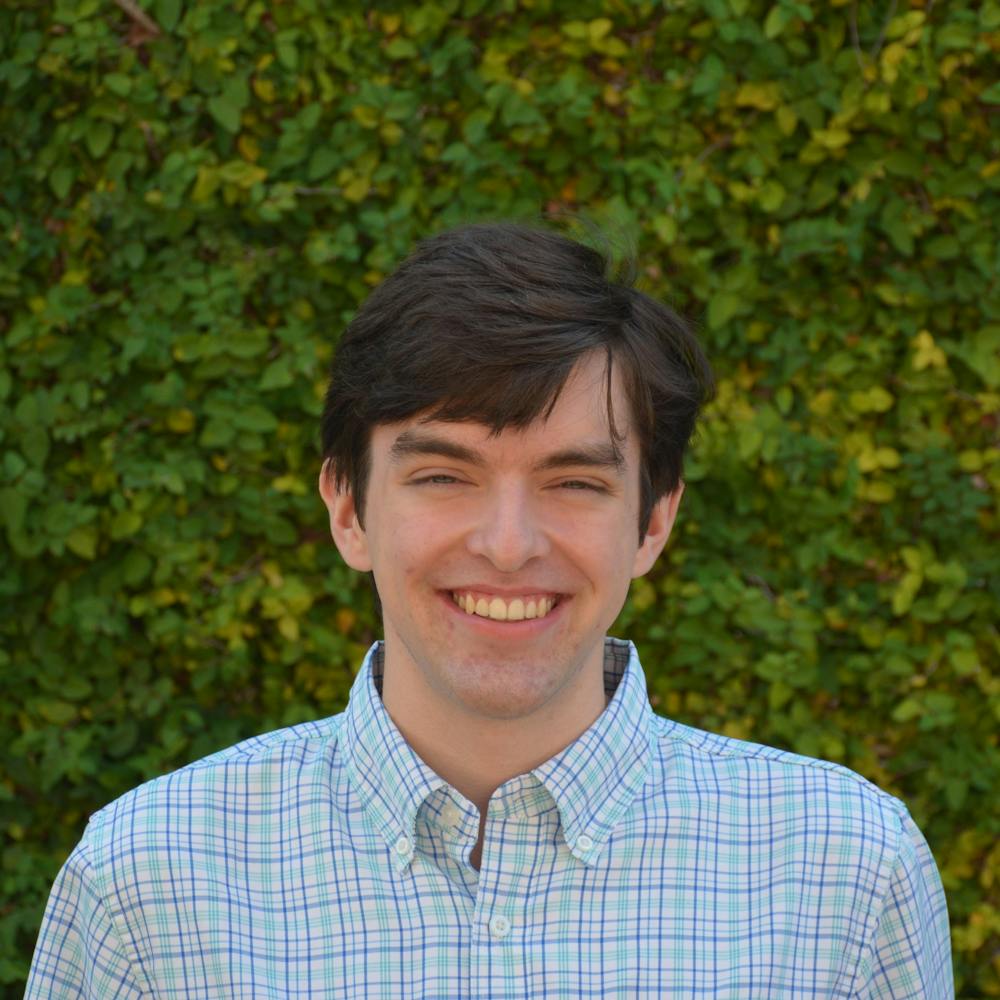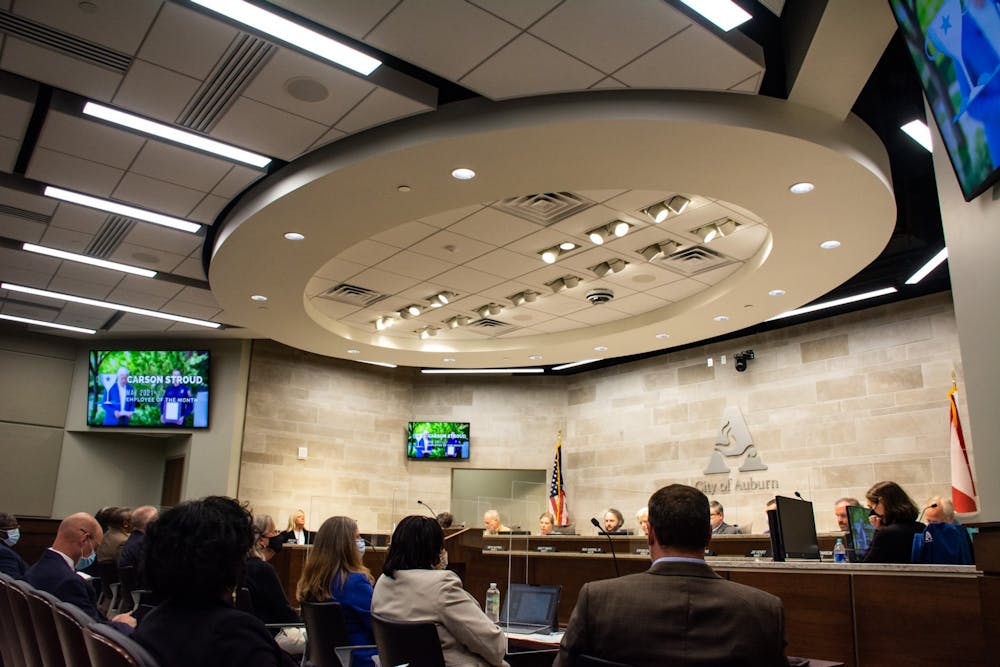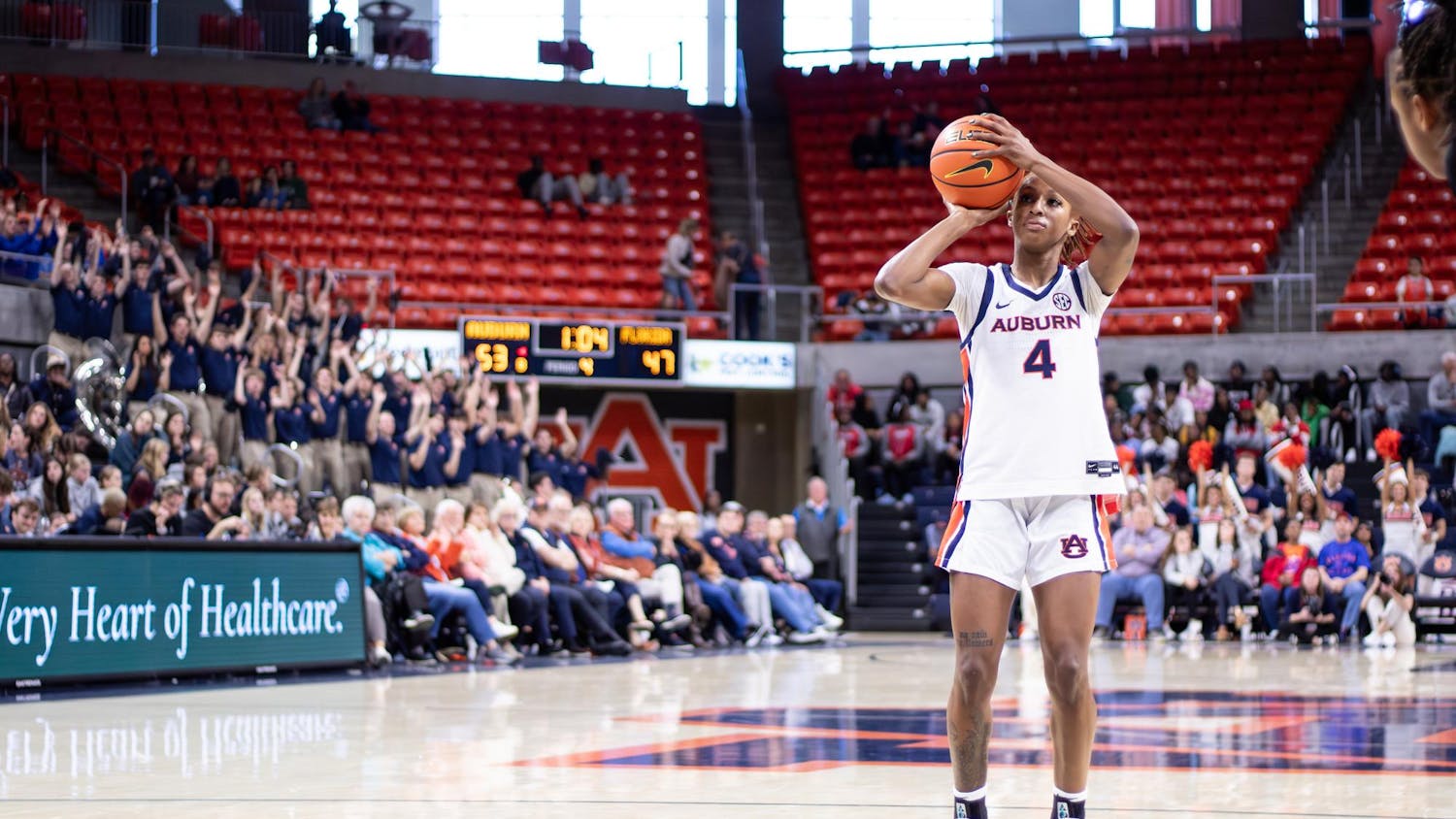The City Council approved a development agreement for Plainsman Lake, a proposed neighborhood connecting to the Solamere subdivision, during its Tuesday night meeting. The proposal was postponed from the previous meeting so that Solamere residents would have additional time to read it over.
During discussion of the contract, multiple residents of Solamere, including the homeowner’s association president, spoke to the Council with concerns of construction traffic through their neighborhood. The subdivision currently has only one entrance off Martin Luther King Drive.
City Manager Megan Crouch explained that the developers are willing to create a construction entrance on Martin Luther King Drive, but it would have to be approved by the Alabama Department of Transportation, which does not approve construction entrances for projects without a development agreement.
ALDOT controls Martin Luther King Drive, so changes and entrances off of it must be approved by the department. Crouch explained that the Solamere entrance does not have a traffic light because there is not enough traffic passing through to meet ALDOT’s requirements for installation. The neighborhood may meet the requirements once the Plainsman Lake subdivision is built, but ALDOT only makes decisions on already-existing traffic.
The City also approved construction of a connector road to Richland Road last year — which would offer a second entrance to the Solamere neighborhood — but it has not been put out to bid yet, Crouch said. It is scheduled to go out for bid to contractors in October.
“The developer has committed to minimizing traffic as much as they can,” said Ward 2 Council member Kelley Griswold. “I know that’s not the answer y’all want to hear, but we can’t compel them to come out onto [Highway] 14. They have committed also that, given ALDOT’s go-ahead, they will do that.”
The Council unanimously approved the development agreement.
During the meeting, representatives of the East Alabama Medical Center presented the City with an award thanking them for their help in setting up and running EAMC’s vaccination clinic.
When EAMC decided to create a community vaccination clinic, hospital staff met with City staff to create a coalition, said Bruce Zartman, EAMC vice president of support operations. Crouch secured a two-month lease of the Tuesday Morning retail space, and the City had the building cleaned, upgraded and ready to operate the week after the meeting.
“We touched so many people and saved lives,” Zartman said. “About 91,000 vaccines were given out of that Tuesday Morning vaccine clinic. People asked me if we could replicate this in another community, and I don’t think we could.”
The community vaccination clinic saw about 1,000 people per day, Zartman said. The City extended the lease two times to continue the clinic. The City also staffed registration tables and provided two-to-four firefighters every day to provide medical assistance to patients experiencing reactions or anxiety.
“City personnel spent a combined 3,150 hours manning registration tables and making sure that all the visitors that walked into that clinic everyday were made to feel comfortable and knew exactly where they were going,” Anders said. “Public Safety worked over 1,100 hours of overtime to make sure that the clinic was a safe place and that all the cars got in and out as they needed and that all people of all walks of life were safely able to be brought in to the clinic.”
Anders thanked the Auburn United Methodist Church for bringing a total of 1,200 community volunteers who served a combined 8,900 hours. He also thanked the Auburn Chamber of Commerce for supplying meals to volunteers and the Auburn-Opelika Tourism Bureau for supplying food and beverages for the break room.
“Understand this: There was an investment made,” Anders said. “The City of Auburn wanted to make sure the community had what it needed to make this work.”
Anders said that the City spent a total of $136,000 on the vaccine clinic effort, including leasing the space and upgrading it to be fit for occupation, paying for utilities, lunches for volunteers, cleaning costs and supplies.
“That’s a lot of money, but if you consider vaccinating 91,000 people, it was a small price to pay to make sure our community was taken care of,” Anders said. “A community effort led by some City staff, supported by the medical personnel of the hospital, with partners across the county, made sure that Auburn was the safest place it could possibly be.”
Do you like this story? The Plainsman doesn't accept money from tuition or student fees, and we don't charge a subscription fee. But you can donate to support The Plainsman.

Charlie Ramo, junior in aerospace engineering, is the content editor of The Auburn Plainsman.





